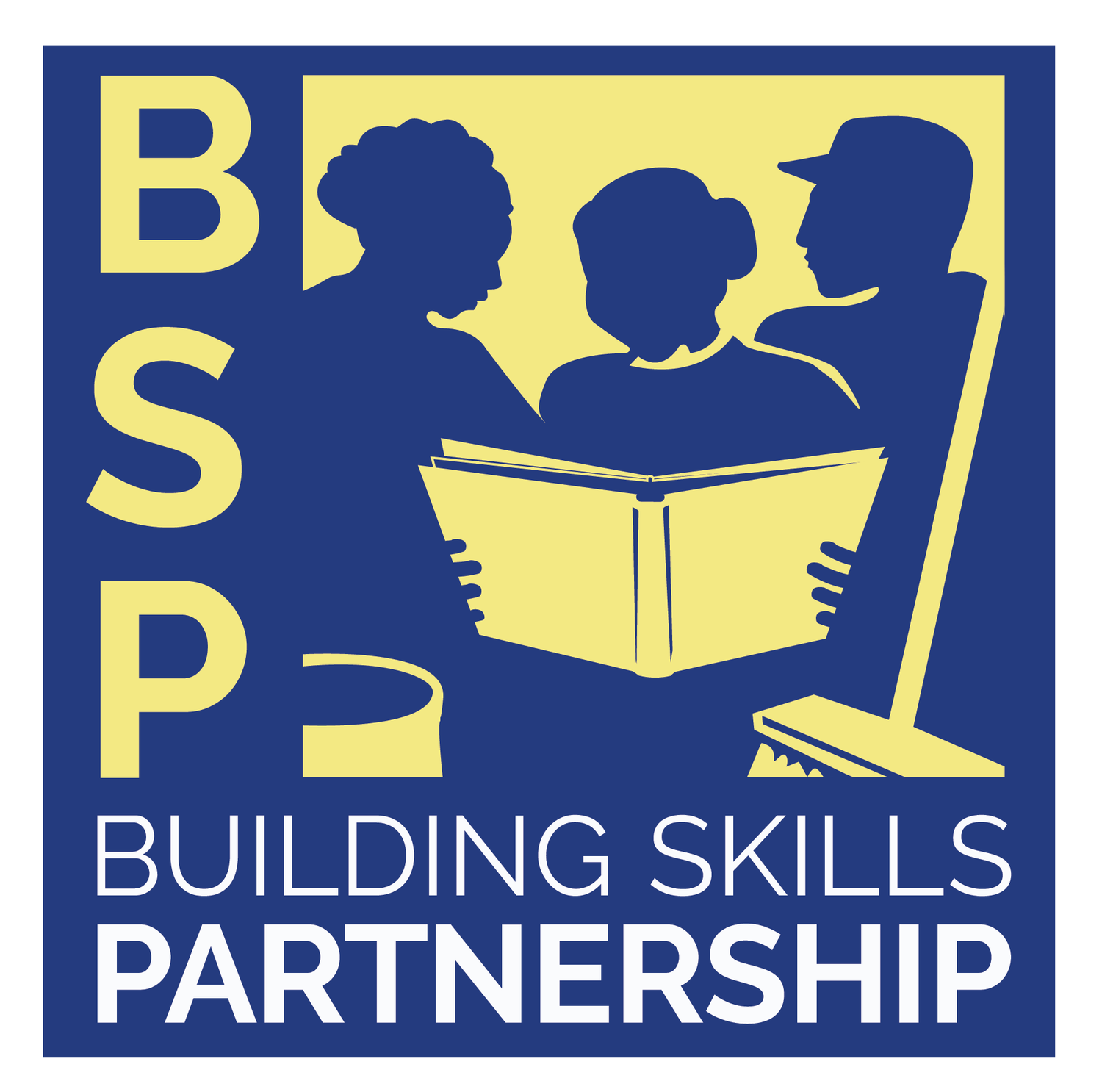Janitors' Skills for Navigating Precarious Lives
Author: Michael Siciliano, PhD
BSP Workforce Researcher
The majority of property service workers who engage in BSP programs are immigrants
The broader public tends to think of the communities we serve as somehow “deficient” or “lacking,” but as we know, SEIU-USWW members and their communities are some of the most capable, resourceful, and resilient people in California.
These workers’ lives may be quite precarious amid rising costs of living, uncertain immigration policies, and massive disruptions in the commercial real estate industry, yet those same workers demonstrate incredible skill, resourcefulness, and professionalism on the job and in their communities.
To help us push back against the widespread narrative of “lacking” workers, I want to call attention to two books based on in-depth qualitative research that highlight the incredible skills of the so-called “unskilled”: Christian Zlolnski’s 2006 book Janitors, Street, Vendors, and Activists: The Lives of Mexican Immigrants in Silicon Valley and the 2015 book Skills of the “Unskilled”: Work and Mobility among Mexican Migrants by Jaqueline Hagan, Rubén Hernádez-León, and Jean-Luc Demonsant.
Property service worker father in LA provides for his immigrant family
Both are based on years of in-depth ethnographic research conducted among janitorial as well as other workers in low-wage industries in Silicon Valley, Atlanta, and Guanajuato in Mexico.
Taken together, these two book-length studies demonstrate how, far from being “unskilled,” workers in low-wage industries possess a very high degree of skill in navigating informal economies as well as undervalued, but no less important, soft skills and the ability to learn quickly to accomplish almost any task. Despite their immense skill assets, these workers often possess less experience applying those same skills to navigating formal economic institutions, often causing needless stumbling blocks.
Though nearly 20 years old, Zlolnski’s study remains relevant to our work by giving us a way of thinking about janitorial workers without casting their skills as “deficient.”
Contrary to narratives about a “mismatch” between labor market demand and workers’ “deficient” skillsets, Zlolniski shows how there is, in fact, a match between demand and supply, however, the logic of outsourcing work to recent immigrants combines with racial capitalism combines to relegate these highly in demand workers to low wage jobs.
Likewise, Hagan and her colleagues show quite clearly that janitors and other workers in low-wage industries hold an immense amount of what economists called “human capital” (i.e., skills, education, and training), however, their human capital tends to go unrecognized due to not being tied to higher education.
As a consequence of limited prospects in the formal labor market, marginalized immigrant workers often participate in informal economies as entrepreneurs alongside their work as janitors. This displays a high degree of resilience, inventiveness, and entrepreneurship, especially when it comes to workers' highly skilled tactics for evaluating and managing risk.
Janitorial floor care specialist
For example, Zlonlski recounts the story of a janitor who moonlights as a paletero to demonstrate workers’ strong business acumen. In this part of the book,the janitor/paletero weighs the costs and benefits of selling paletas or performing janitorial work on any given day by considering weather conditions and season alongside the timing of his daily rounds to and from the paleta distribution warehouse. Another migrant worker who holds a dental degree in Mexico practices informal dentistry without a US license. He attempts to minimize his exposure to risk by offering only straightforward and simple services to those who cannot afford licensed dentistry.
BSP and our collaborators can learn from these stories by helping workers realize that they already possess leadership and business skills - a goal being pursued by BSP in our Cafecitos in which we hold informal conversations with workers in an effort to build their voices.
Here are links to these two books (both from University of California Press) if you would like to dig a little deeper:
Janitors, Street Vendors, and Activists by Christian Zloniski
Skills of the Unskilled by Jacquline Hagan, Rubén Hernández León, and Jean-Luc Demonsant



